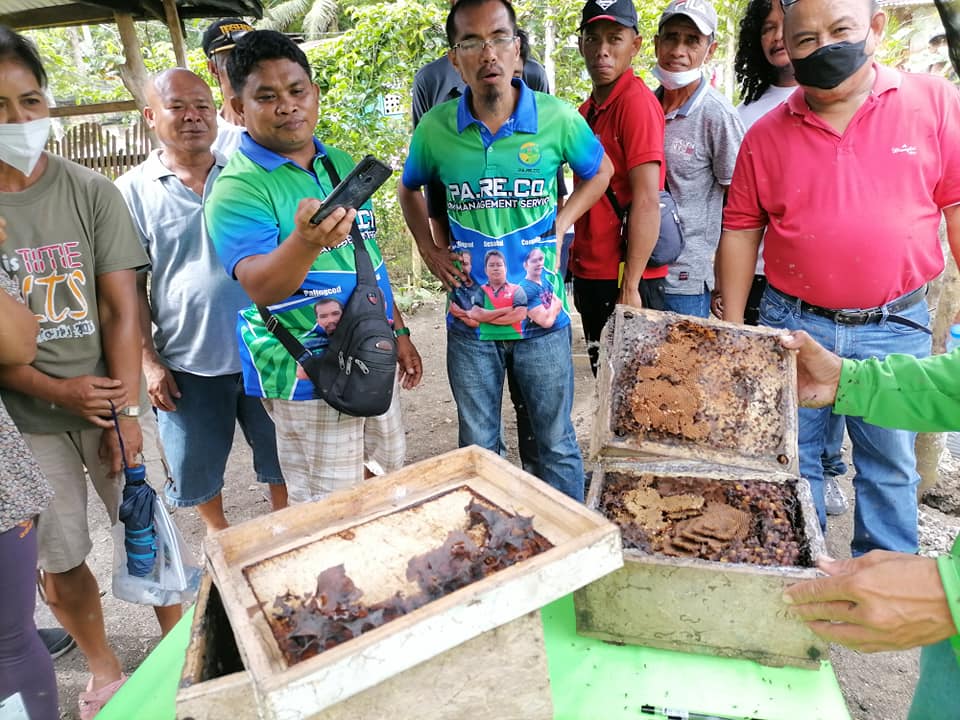TAGBILARAN CITY, Bohol, Sept 23 (PIA) -- Bee keepers across the country and abroad are adopting a bottoms-up approach to influence legislators on a win-win policy on the use of inorganic or chemical fertilizers.
This as the 26th Bee Network (BeeNet) Conference and Techno-for a, which brings in renowned bee experts from across the world, takes place in Bohol and hosted by Bohol Island Beekeepers Association (BIBA).
Gathered here to discuss the economic viability of bee-keeping to help in the farm’s pollination, and to also earn money from honey and other bee products, the techno-fora also allows Boholanos to learn from the experiences of others in the bee keeping industry.
“As pollination is assured with bees in the farm, I have seen 56% to 86% increase in yield,” shared Epifanio Loyola, a Davaoeño from Panabo City who sits as the BeeNet Philippines Inc. president.
However, like the most of the bee keepers in their farms, their problems start as soon as neighboring farms start to apply insecticides, pesticides, and herbicides.
Bee populations are drastically reduced, as soon as these farmers bring out the chemicals, bee keepers from across the country shared.
While bees have natural predators like the pirik-pirik or the Visayan bee-eaters, much of the bee population is severely decimated by farmers applying inorganic chemicals.
UP Professor Dr. Analinda Fajardo, who has been into bee cultures and legislative advocacy, suggested that what is needed is a critical mass from the bottom - the grassroots to form pressure groups to get the issue up for legislation again.
Bohol Professor Dr. Joe Travero, who is also the BeeNet secretary, said asking inorganic input users to spray at specific times of day could help.
"If farmers spray in the early afternoon, and if we could divert our bees somewhere to find nectar else than the farm sprayed upon, then we could keep the insect deaths to manageable numbers," he said.
Speaking at the sidelines of the conference, Loyola and Fajardo are encouraging Boholanos to engage in bee keeping for the environment, economy and the society, amid the soaring prices of food and with tourists being more selective of their food choices. (RAHC/PIA7 Bohol)



